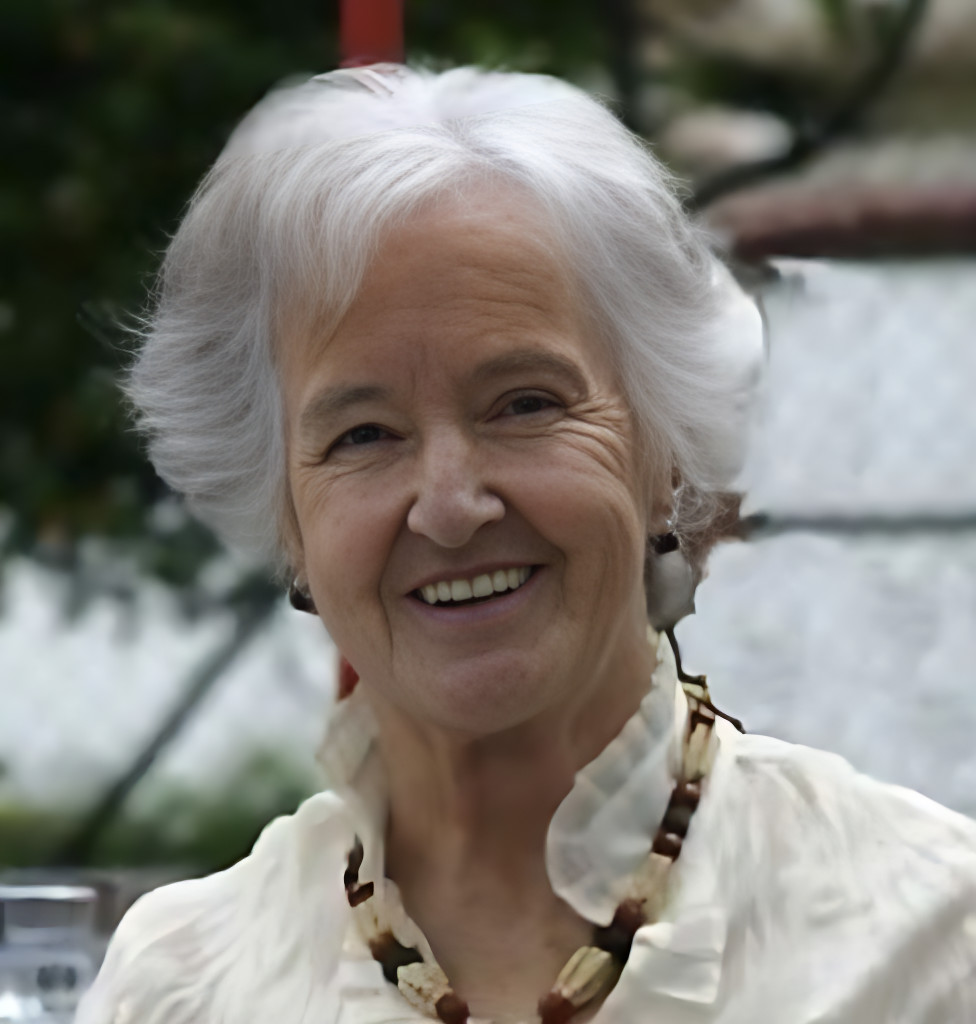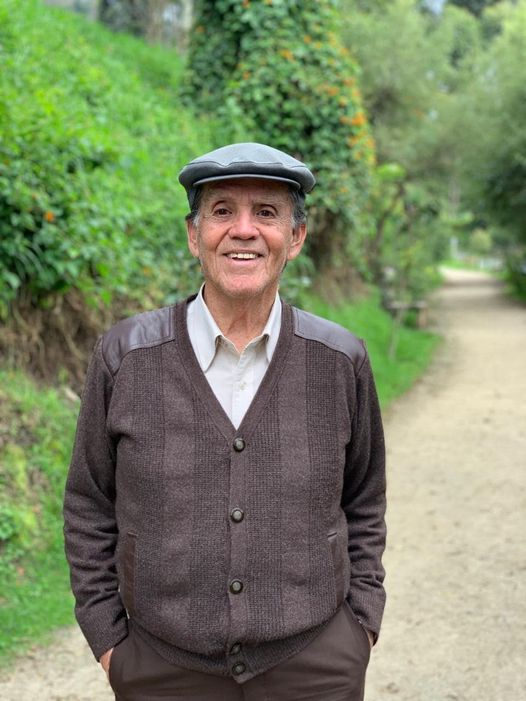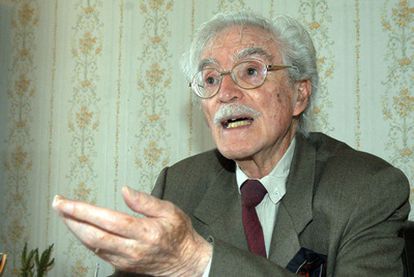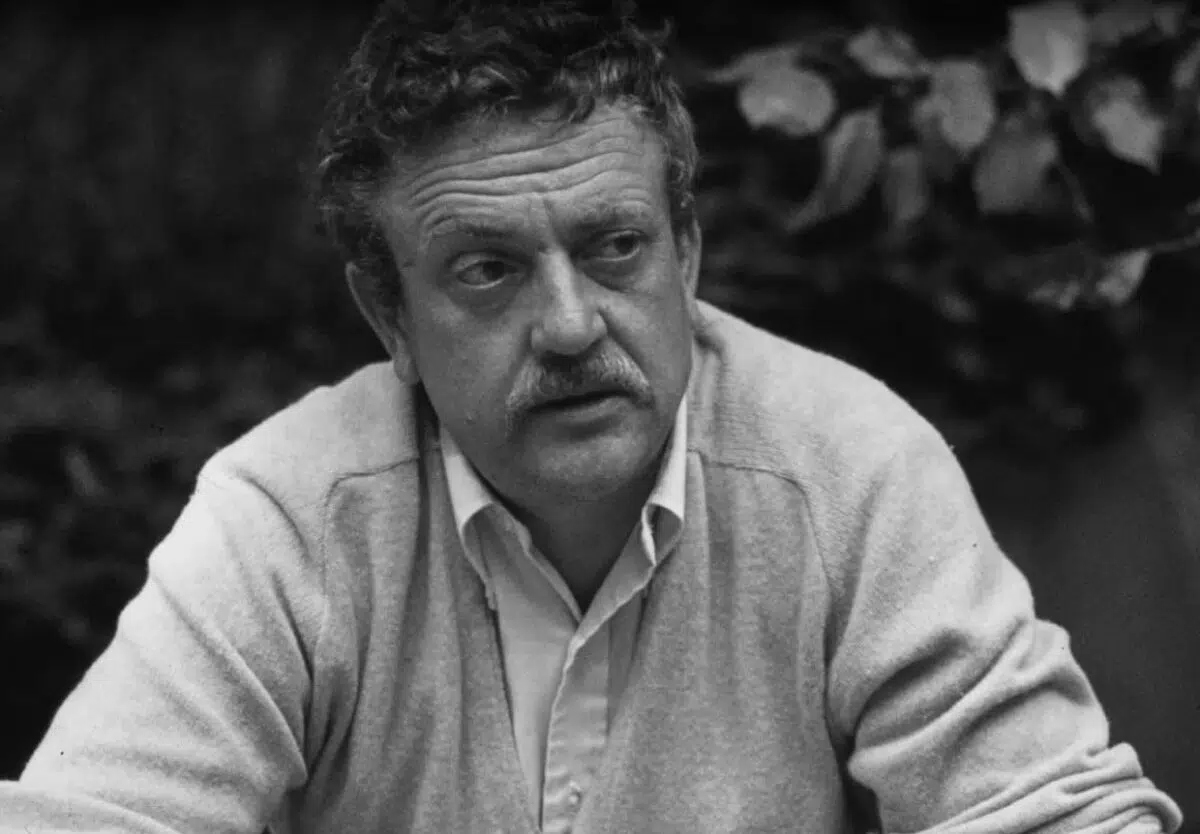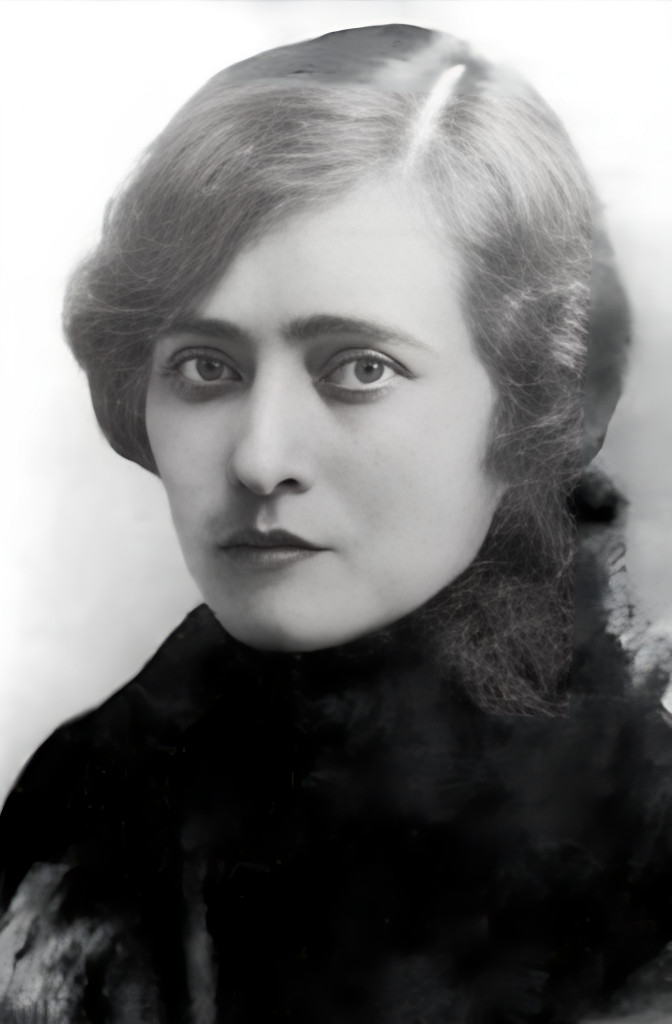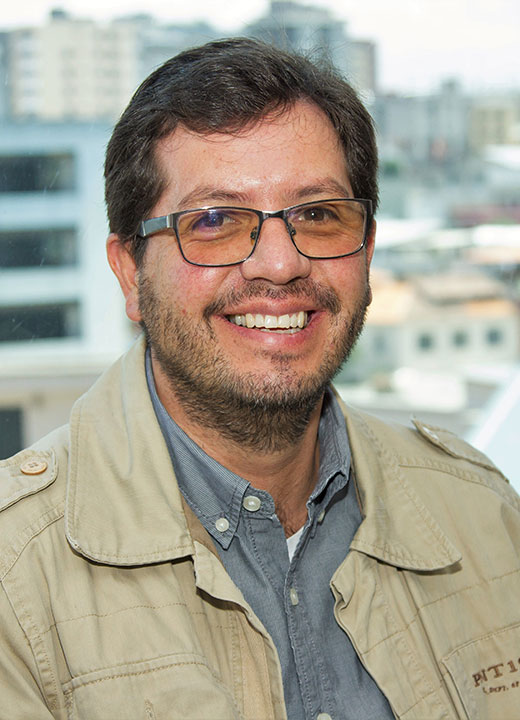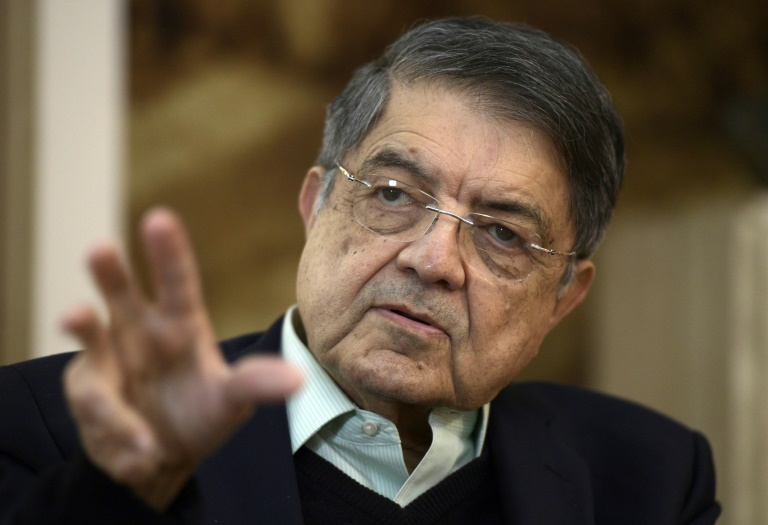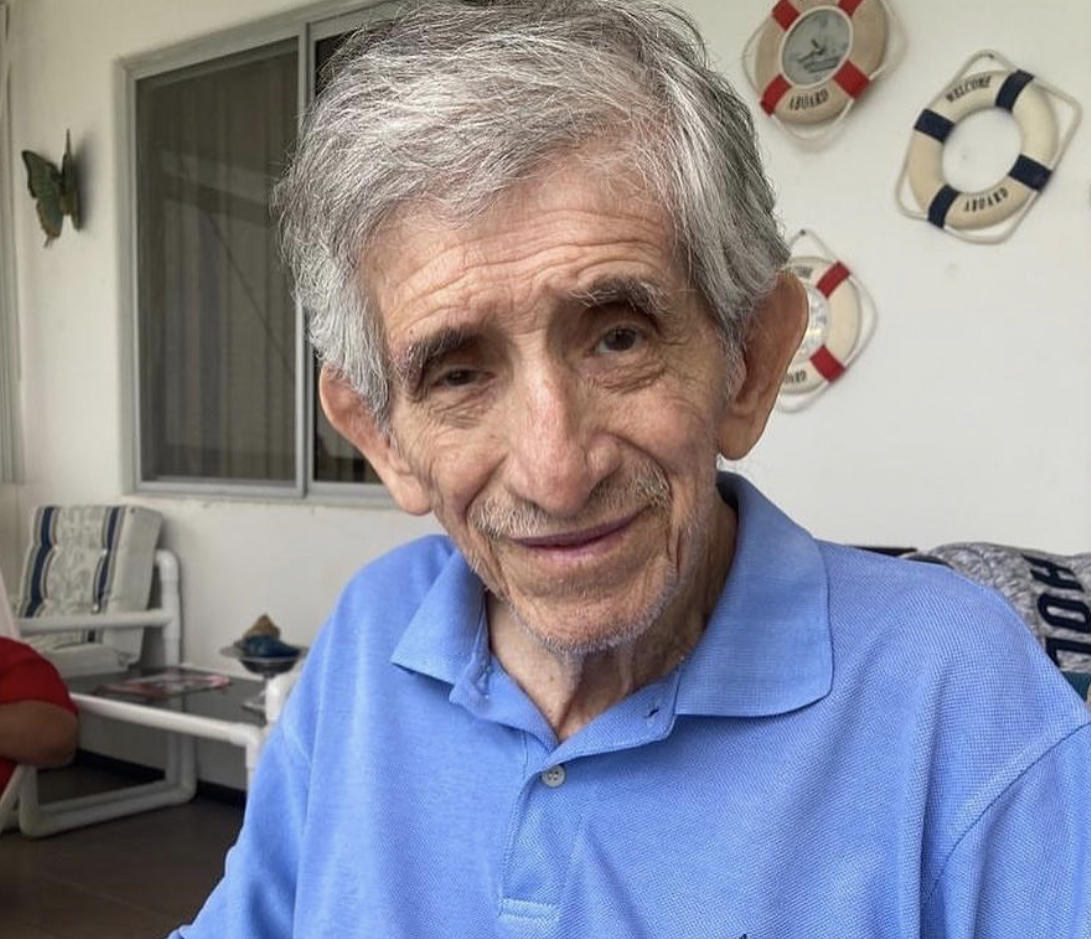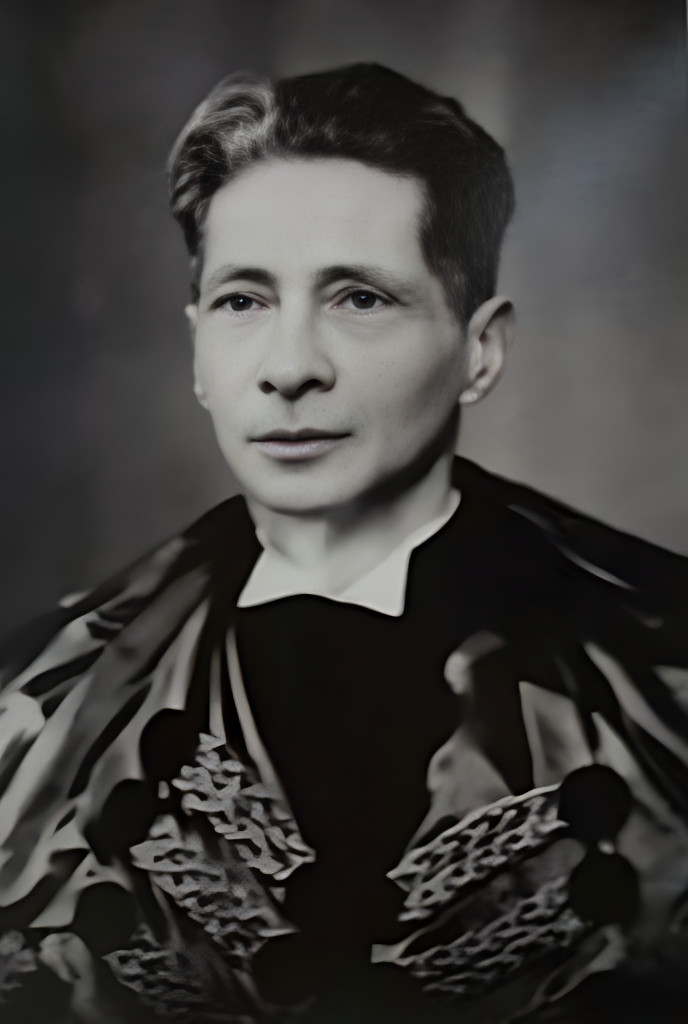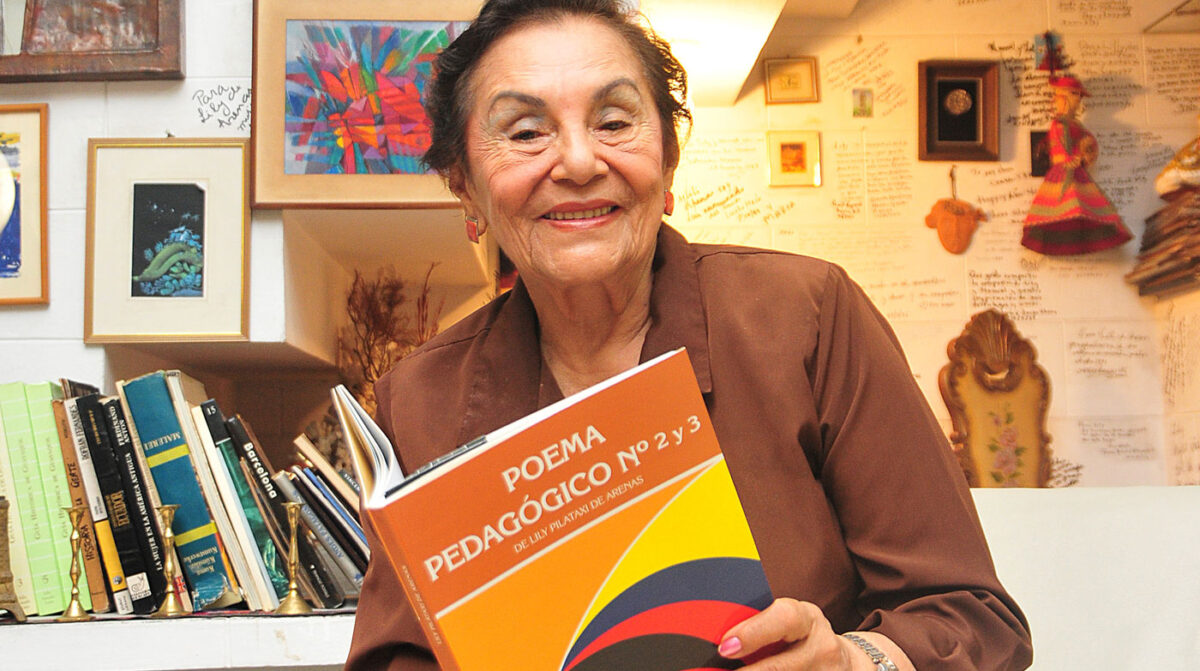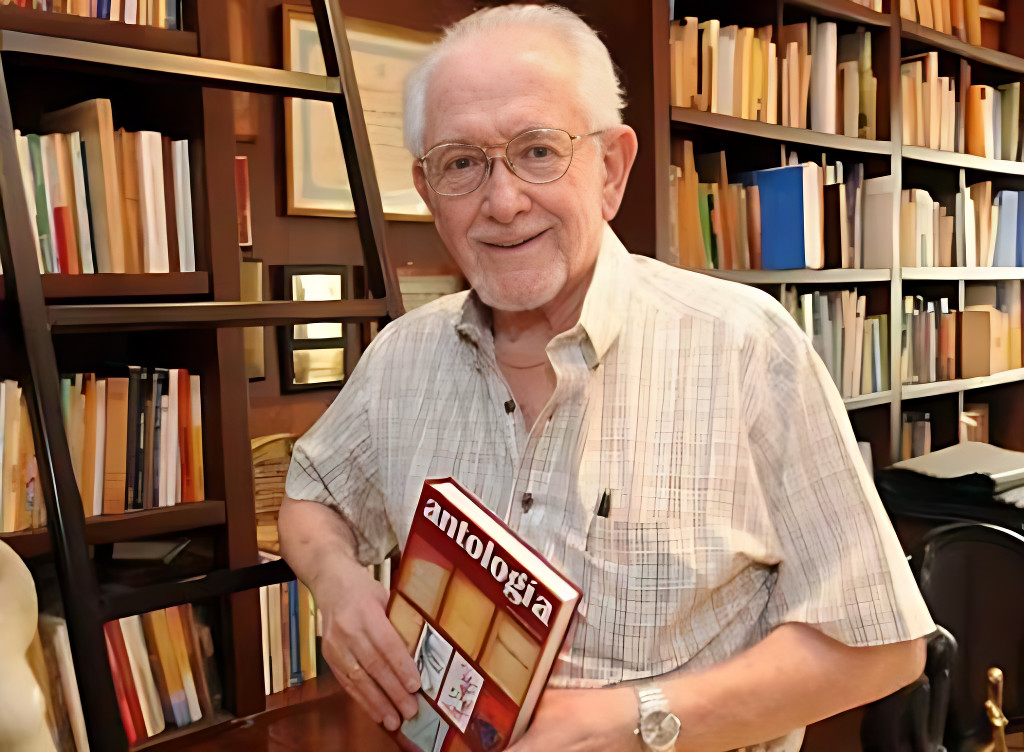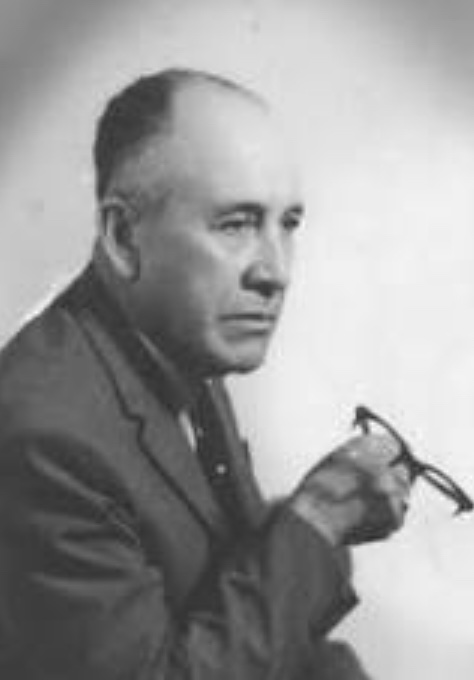Teresa Crespo Toral (Cuenca, October 30, 1928 – Quito, February 15, 2014) was an Ecuadorian writer and a pioneer of children’s literature in her country. Her writings are considered classics of the genre and have been a source of inspiration for new generations of readers. From a young age, Teresa was deeply passionate about literature, and her love for the written word led her to compose her first poems. She authored several well-known books, including “Novena al Niño Jesús,” “Pepe Golondrina y otros cuentos,” “Mateo Simbaña,” which was studied at the University of Paris, and “Ana de los Ríos,” a book adapted into a film by the Convenio Andrés Bello. Teresa Crespo Toral received recognition through various awards, such as the Palma de Plata from the University of Cuenca and the first prize from the House of Ecuadorian Culture in Azuay, among others. She was married to the politician and historian Jorge Salvador Lara and had five children.
Category: 20th Century Writers
Elisa Ayala González
Elisa Ayala González (Guayaquil, 1879) is considered the pioneer of short stories in the early decades of the 20th century in Ecuador. She grew up on a hacienda in the province of Los Ríos, where her father, Arcadio Ayala, a doctor, fostered her love for literature through his extensive library. Her writings were published in various Spanish, Uruguayan, Chilean, Argentinean, and Cuban magazines and newspapers. Her first short story, “La maldición,” was published in one of the international magazines to which her father subscribed. Ayala González’s works can be found in various anthologies, such as the “Antología de narradoras ecuatorianas,” by Miguel Donoso Pareja, and the “Antología básica del cuento ecuatoriano,” by Eugenia Viteri.
Alfredo Jaramillo Andrade
Alfredo Jaramillo Andrade (May 19, 1934) is an Ecuadorian poet, writer, playwright, and teacher. He has published several books, including “Los hijos de la luz,” “Canciones para la ciudad,” “Mujeres, sueños y muerte,” and “El sombrero del tiempo,” exploring themes of love, death, and nature. Jaramillo Andrade has been a member of various organizations, including the Literature Section of the House of Ecuadorian Culture in Loja, where he held the position of President from 1977 to 1986. He oversaw the direction of several of its magazines. He also founded “El Agro,” a newspaper of the School of Agricultural Sciences at the National University of Loja. He has received numerous awards, including the Loja National Poetry Prize in 1956 and the National Culture Award in 2004.
Continue reading “Alfredo Jaramillo Andrade”Carlos Joaquín Córdova Malo
Carlos Joaquín Córdova Malo (Cuenca, April 22, 1914 – Quito, December 19, 2011) was an accomplished linguist, writer, and government official. He obtained his law degree from the State University of Cuenca. He authored several works, including “Cestmir Loukotka y la clasificación de las lenguas indígenas del Ecuador,” “El habla del Ecuador-Diccionario de Ecuatorianismos,” “Un millar de anglicismos,” and “Hojeada sobre la lexicografía ecuatoriana,” among others. He held various government positions, including serving as a Superintendent of Banks, a member of the Monetary Board, and as the Director of the Andean Mission in Ecuador. He was also a member of the Ecuadorian Academy of Language and served as its director from 1998 until his resignation in 2008. Throughout his career, Córdova Malo received numerous honors and awards for his contributions to Ecuadorian culture and language, including the National Order of Merit in the rank of Commander from the Ecuadorian government, the “Vicente Rocafuerte” Cultural Merit Award from the National Congress, and the “Aurelio Espinosa Pólit” decoration from the Metropolitan District of Quito. He was also a corresponding member of the Uruguayan and North American Academies of Language.
Continue reading “Carlos Joaquín Córdova Malo”Rosaura Emelia Galarza
Rosaura Emelia Galarza Heyman (Guaranda, 1877 – February 13, 1966) was an Ecuadorian teacher, journalist, writer, and a pioneer in the field of women’s publishing. She was the founder of Ondina del Guayas, a monthly women’s magazine of literature and variety, which was edited in Guayaquil between 1907 and 1910. In addition, Galarza and her sister Celina María Galarza founded the magazine Flora in Quito in 1917, which became the most important women’s magazine published in Quito. Galarza also created other magazines, including Primavera in Riobamba, Hacia El Ideal and Álbum Bolivarense in Guaranda. Along with Zoila Ugarte de Landívar, Victoria Vásconez Cuvi, and María Angélica Idrobo, all teachers at the Liceo Fernández Madrid, Galarza was a founder and director of the magazine Alas in 1934. Galarza left behind a legacy of promoting women’s education and empowerment through her writing and activism.
Continue reading “Rosaura Emelia Galarza”Kurt Vonnegut
Kurt Vonnegut (November 11, 1922 – April 11, 2007) was an American writer. He is known for his unique writing style, blending satire, humor, and science fiction. One of his most famous novels, “Galapagos,” published in 1985, is set on the Galapagos Islands (an archipelago that belongs to Ecuador) which explores the evolution of humanity over a million years. Vonnegut was inspired to write about the Galapagos after visiting the islands in 1979. Despite having no direct relationship with Ecuador as a nation, Vonnegut’s novel helped to popularize the Galapagos and draw attention to the unique wildlife found there. Vonnegut’s other famous novels include “Slaughterhouse-Five,” “Cat’s Cradle,” and “Breakfast of Champions,” which often address themes of war, technology, and the human condition.
Continue reading “Kurt Vonnegut”Victoria Vásconez Cuvi
Victoria Vásconez Cuvi (Latacunga, September 7, 1891 – Quito, May 29, 1939) was an Ecuadorian writer and feminist. She was part of a literary circle that included Zoila Ugarte de Landívar and Morayma Ofyr Carvajal. Vásconez Cuvi was an influential figure in her time, having served as a member of various organizations such as the Bolivarian Society and the International Commission of the Second Pan American Congress. Her works include “Ensayos Literarios,” “Problemas Educativos,” “Vida de Mariana de Jesús,” and “Actividades Sociales y Domésticas de la Mujer.” A school in Latacunga, Unidad Educativa Victoria Vasconez Cuvi, bears her name.
Continue reading “Victoria Vásconez Cuvi”Raúl Rojas Hidalgo
Raúl Rojas Hidalgo (born 1944) is an Ecuadorian poet and novelist. His collection of poetry, “Como el agua” [Like Water], was published by the House of Ecuadorian Culture in 1988. In 1990, his novel “Una buena razón para matar” [A Good Reason To Kill] was featured in the First Ecuadorian Novel Biennial. In 2004, Rojas published another collection of poetry called “Salmos de amor a las seis de la tarde” [Love Psalms at Six in the Evening].
Continue reading “Raúl Rojas Hidalgo”Pablo Escandón Montenegro
Pablo Escandón Montenegro (May 30, 1974) is an Ecuadorian fiction writer and social communicator with a PhD in Communication and Contemporary Information from the University of Santiago de Compostela, Spain. His research focuses on topics such as heritage, museums, memory recovery, and digital literature. He has served as a professor for both undergraduate and postgraduate programs at various universities in Ecuador, and is the director of Arsquitensis. Currently, he works as a full-time professor in the Communication area at Simón Bolívar Andean University in Ecuador.
Continue reading “Pablo Escandón Montenegro”Sergio Ramírez Mercado
Sergio Ramírez Mercado (August 5, 1942) is a prominent Nicaraguan author and a recipient of the prestigious Cervantes Prize. In February of 2023, he accepted an offer of Ecuadorian citizenship from President Guillermo Lasso after being exiled from Nicaragua in 2021 and subsequently stripped of his nationality in 2023, along with 93 other individuals, by the government of Daniel Ortega, who branded them as traitors. He was a key figure in 1979 revolution, served in the leftist Government Junta of National Reconstruction and as vice president of the country 1985–1990 under the presidency of Daniel Ortega. He is currently residing in Spain, where he also holds citizenship, and had previously been granted citizenship by Colombia before being offered citizenship by Ecuador. Ramírez is widely recognized as Nicaragua’s “best-known living writer,” having authored numerous novels, short story collections, and works of non-fiction. Some of his work has been translated into English.
Continue reading “Sergio Ramírez Mercado”Luis Delgadillo
Luis Delgadillo Avilés (Guayaquil, 1942 – September 13, 2022) was an Ecuadorian poet and journalist. He was part of a group of poets dubbed, “Generación Huracanada” [Hurricane Generation]. In 1971, he won the third national poetry prize. His poetry books include: “El rayo que ilumina” (1971), “Poemas de la marcha” (1977), and “Carta para un hijo y otros poemas” (1997). His non-fiction books include: “Leonardo Escobar Bravo, El ministro de los campesinos” (2006) and “La pepa de oro y el montubio” (2007), which focused on themes of the peasant class. He was a member of the literary section of the House of Ecuadorian Culture in Guayas.
Continue reading “Luis Delgadillo”De Plácido e Silva
Oscar Joseph de Plácido e Silva, known as De Plácido e Silva (Marechal Deodoro, Brazil, June 18, 1892 – Curitiba, Brazil, January 16, 1963) was a Brazilian jurist, writer, editor, translator, publisher, teacher, and businessman. In 1939, he founded and directed a publishing house, Editora Guaíra, headquartered in Curitiba, Brazil. In 1940, he created the publishing house’s Estante Americana collection which was the first to feature Hispanic American novels by neighboring countries. The famous Brazilian novelist and translator, Jorge Amado, was asked for title suggestions and acted as a sort of unofficial director of the collection. Due to its powerful social critique, Amado recommended the inclusion of “Huasipungo,” a 1934 novel by Ecuadorian author Jorge Icaza. De Plácido e Silva translated and edited “Huasipungo” into Portuguese and wrote the preface for the book, which was dated June 1941. It was the book’s first-ever Portuguese translation; since then, two additional Portuguese translations have been made. It is worth noting that the collection’s most successful works were “Doña Bárbara,” by Venezuelan author Rómulo Gallegos (translated by Jorge Amado in 1940) and “Huasipungo” by Ecuadorian author Jorge Icaza (translated by De Plácido e Silva in 1941). A school in Pinhais, Brazil, “Colégio Estadual Oscar Joseph D’Plácido e Silva,” established in the year 2000, was named in his honor.
Continue reading “De Plácido e Silva”Lily Pilataxi de Arenas
Lily Pilataxi de Arenas (Guayaquil, 1930) is an Ecuadorian author of children’s literature, poet, writer, journalist, diplomat and educator. As a feminist and advocate of women’s rights she authored “La Mujer y sus Derechos” [Women and their Rights] (1990). She has taught in Ecuador and Germany, and most recently served as rector of the Educational Unit Steiner (Unidad Educativa Steiner) in Guayaquil. Her teaching experiences in Germany (from 1963 to 1978) are chronicled in “Poema pedagógico No 2 y 3” [Pedagogical Poem Nos. 2 and 3]. Perhaps her most popular children’s story is “Doña cucaracha y la bolita de nieve” [Don︣a Cucaracha and the Snowball] (2010) which was translated into English, Geman and French. She has received numerous honors both inside and outside of Ecuador. She was awarded and designated an honorary member of The International Society of Poets, Writers, and Artists (SIPEA). As a journalist, she wrote an opinion column for El Universo newspaper for 30 years, and was also an opinion columnist for El Telégrafo. She has given lectures in the United States, Europe and Africa.
Continue reading “Lily Pilataxi de Arenas”Francisco Pérez Febres-Cordero
Francisco Pérez Febres-Cordero (Guayaquil, July 18, 1934 – Ibidem, August 31, 2010) was an Ecuadorian poet and journalist whose distinguished career at El Universo newspaper lasted four decades (1958-1998). Among his many accomplishments at El Universo was the creation of the Ismael Pérez Pazmiño Poetry Contest in 1959, which is regarded as one of the most prestigious poetry awards in Ecuador. He authored several poetry books, beginning with “Polvo de estrellas” [Star Dust] in 1951. His “Obras completas” [Complete Works] was published posthumously in 2020. From 1992 to 1998 he was Vice-director and Chairman of the Board of El Universo. In 1998, the year he retired from El Universo, he and one of his sons launched a bookstore named El Librero inside the Ríocentro Ceibos Mall, which, in 2008, they sold to the Librimundi group. In 2012, a bust of him was erected on “Avenida del Periodista” (Avenue of the Journalist) in Guayaquil.
Continue reading “Francisco Pérez Febres-Cordero”Justino Cornejo
Justino Cornejo Vizcaíno (Puebloviejo, Los Ríos, Ecuador, August 9, 1904 – Guayaquil, July 24, 1988) was a writer, educator, linguist, folklorist and scholar of Ecuadorian culture. He was a socialist and several times jailed at protests or by orders of Ecuadorian presidents. He published many articles in newspapers such as El Mercurio, El Día, Expreso, and El Telégrafo. He belonged to 22 foreign and 12 national institutions. In addition, he received twelve decorations, including that of Commander of the Order of Prince Henry (Ordem do Infante Dom Henrique) conferred by the President of Portugal. Some of his notable books include: “Diccionario del hampa guayaquileña” [Guayaquilean Underworld Dictionary] (1953), “Lengua i folclore” [Language and Folklore] (1963), and “El Quichua en el Castellano del Ecuador” [Quichua in Ecuador’s Spanish] (1967), to name a few. His complete works were published in 1989. Since then, previously unpublished works have been released, such as “Celda carcelaria” [Jail Cell] (2002), in which Cornejo writes about his experiences during his 90-day imprisonment in 1953 on the orders of Ecuadorian President José María Velasco Ibarra, who accused him of attempting to destabilize his government as an editorialist for La Nación newspaper. From 1946 until his retirement in 1968 he was a professor of Spanish and literature at the University of Guayaquil. In 1950, he became a member of Ecuador’s Academy of Language.
Continue reading “Justino Cornejo”
